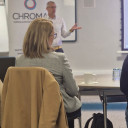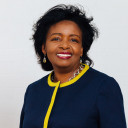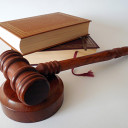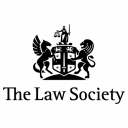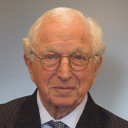IN THE good old days it was easy to find a forensic accountant for your client. The senior partner of the client’s accountants would fit the bill well. He probably knew the judge, knew the client (or at least knew of the client) and had gravitas.
Often, in the brave new world, you do not even get a free choice, what with protocols and Single Joint Experts. Just to make matters worse, case law, professional standards and judicial guidance seem to be pulling in different ways. On the one hand we have cases allowing employees and friends to be experts, although with reservations by the judges. We then have protocols and guidance suggesting that a single expert is best in many cases and the other side has some say in the matter, but giving you a free choice over who to put forward.
We then have ethical guidance, at least for accountants, saying that the client’s accountants cannot be their expert in any circumstance.
To illustrate the point, there is a recent criminal case where an expert who predominantly appeared for defendants (differing defendants in differing types of cases) was alleged – unsuccessfully – to be inappropriate. It was also claimed that because the area in question was particularly unusual, unless he was already known as an expert in it no one could be an expert.
This raises significant problems for us all, as there are many areas within the competence of an expert where who has the expertise is not known to the parties.
The prospect of a courtapproved list of experts, as in France, is one that most experts shy away from. Barristers are on record as having said that it is against the interests of justice, but the judiciary does seem to like the idea, and it is regularly mentioned in judgements.
The only way to push back against this tide is to ensure that your experts are not only experts in their field, but also possess expert witness experience.
The true solution is to think about the problem early. If you leave the selection of your expert until the last moment, then have problems finding someone suitable, you will miss court deadlines. If you identify the need for an expert early on in the case and then speak to your normal expert in the appropriate field, they can help you.
Even if they cannot help on the particular case, they are best placed to suggest other potential experts. While it is important to involve the client in the process, you also have to manage their expectation. Their accountant cannot be their expert and, if you give in to their suggestion, be prepared for a torrid crossexamination.



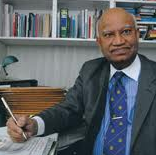 “Speculate before you accumulate. I am a long term regular writer and advertiser in 'Your Expert Witness - the Solicitor’s Choice'. This investment pays me substantive dividends; I get more Expert Witness work with every issue. Not only solicitors and barristers but also judges seem to read it. It is a win-win situation. Success breeds success; I must continue to write and advertise.”
“Speculate before you accumulate. I am a long term regular writer and advertiser in 'Your Expert Witness - the Solicitor’s Choice'. This investment pays me substantive dividends; I get more Expert Witness work with every issue. Not only solicitors and barristers but also judges seem to read it. It is a win-win situation. Success breeds success; I must continue to write and advertise.”

